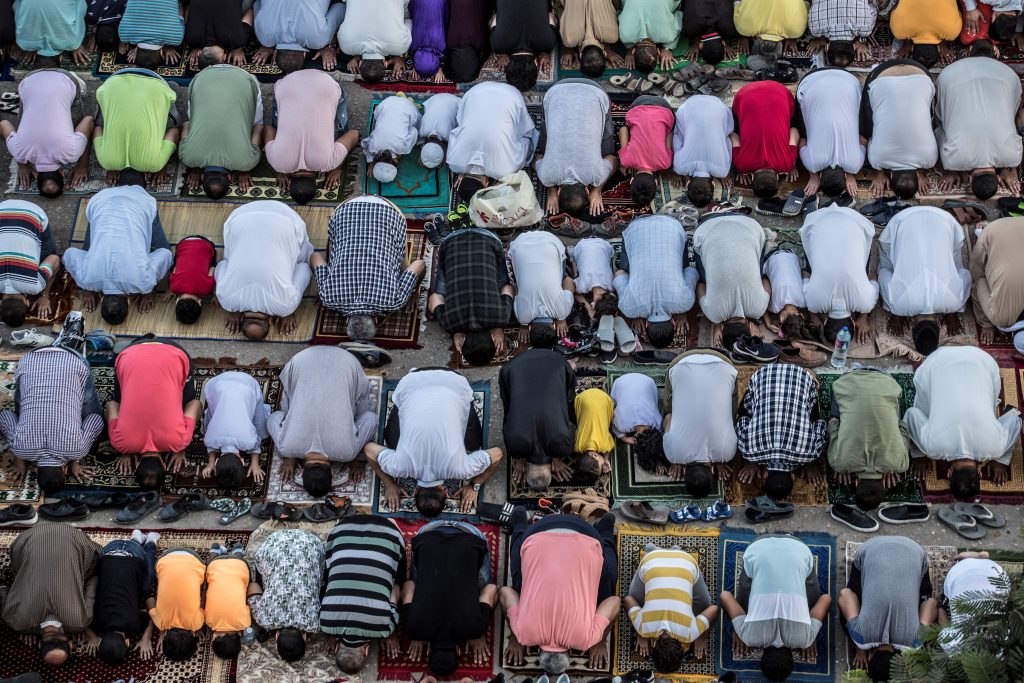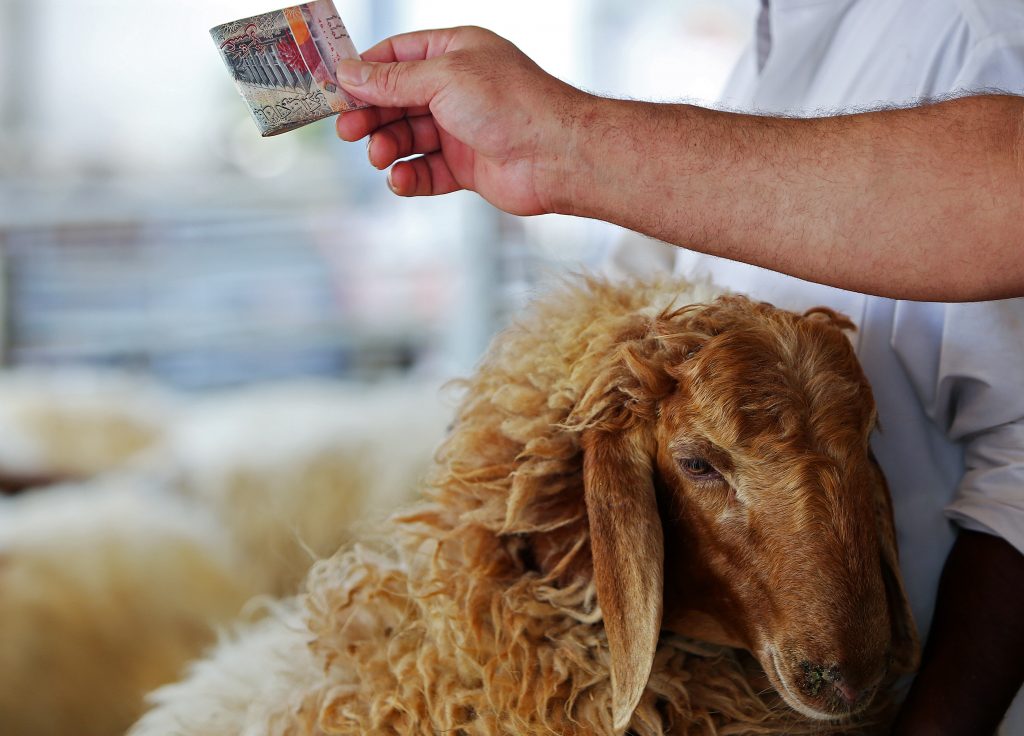



Shams El -Mutwalli, Dubai
To commemorate the completion of Hajj, Muslims will celebrate the first day of Eid Al Adha on July 31.
In Arabic, ‘Eid’ means ‘celebration’ and in Islam, believers celebrate both Eid Al Fitr and later, Eid Al Adha.
Eid Al Adha is referred to as the “Feast of Sacrifice” to honour prophet Abraham’s faith, as he was willing to sacrifice his own son to fulfill God’s command, but was halted by an angel who offered him a sheep as a substitute.
This ritual is known as qurbani and is performed by Muslims all over the world during the holy festivity.
Eid Al Adha is celebrated during the last month of the Islamic calendar called Dhul Hijjah, whereas Eid Al Fitr falls at the end of Ramadan—the month of fasting.
During Eid Al Fitr, Muslims thank God for their blessings over the course of three days.
Eid Al Adha is perceived as the greater of the two celebrations because of the many customs that are carried out during the celebratory period.
The celebration begins by Muslims visiting the mosque to perform a special congregational prayer known as Salat Al Eid, further unifying believers during this time.
Muslims also celebrate by purchasing new clothes, and by handing out money.
Eid is generally a religious and social event where Muslims gather to visit family, pray, as well as express gratitude.